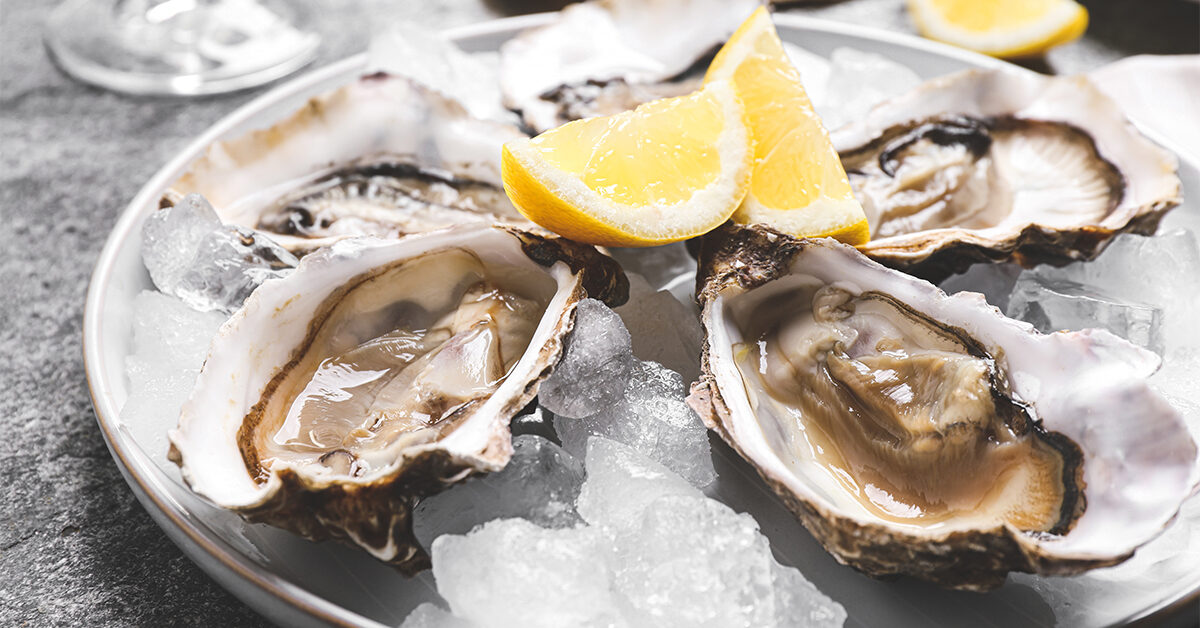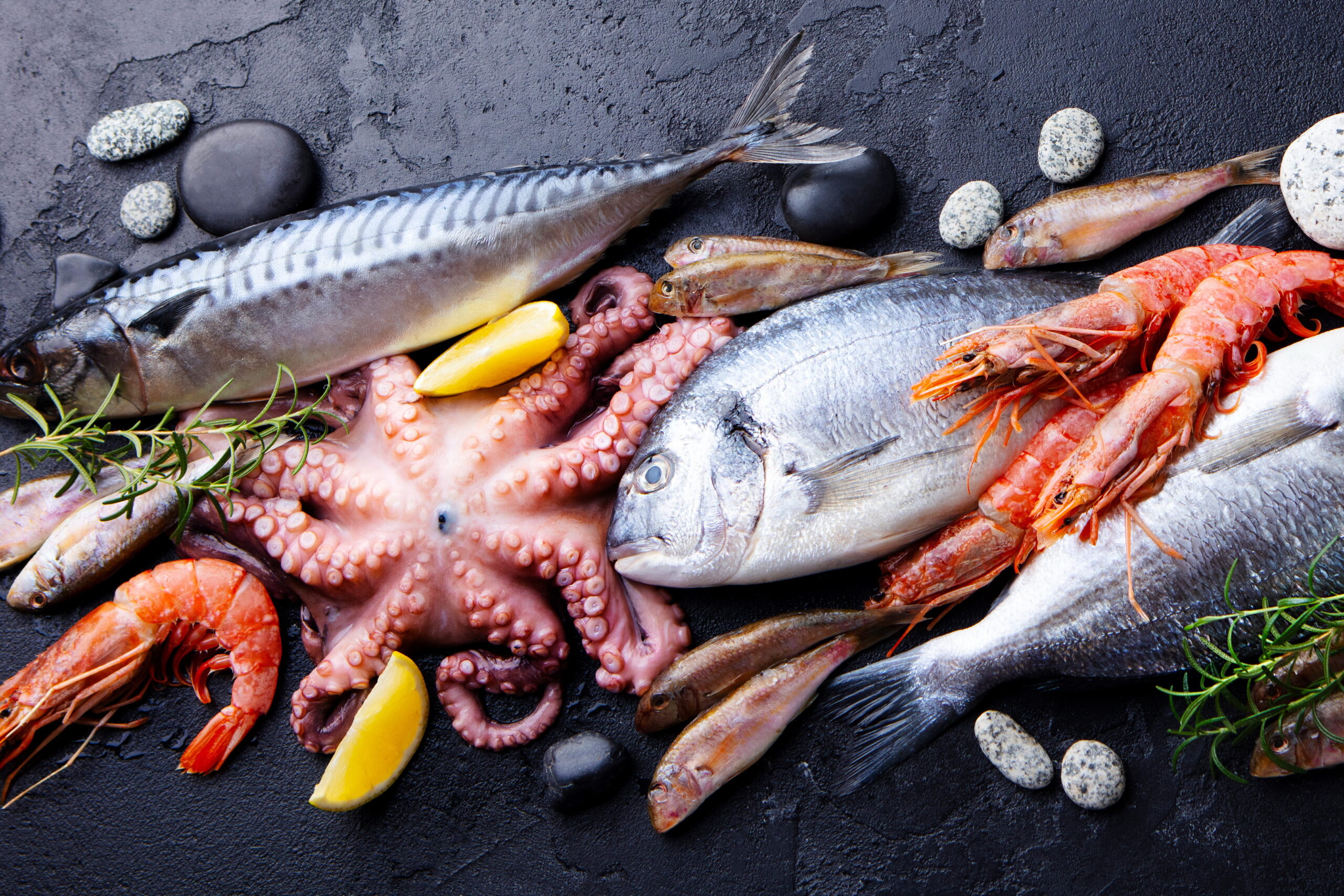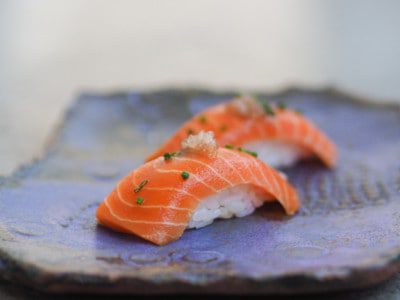UMAMI Bioworks Enters UK Market with Groundbreaking Technology in Cultivated Seafood
UMAMI Bioworks, a global food technology leader, announced today that it will enter the UK market, bringing pioneering cultivated seafood technology to a country in dire need of seafood sustainability. With overfishing coupled with ecosystem depletion and potential food security challenges, this entry provides the innovation necessary for seafood production and consumption. For this Singapore-based company, as it collaborates with prestigious UK institutions, it is not just expanding into a new market but positioning itself at the head of a seafood revolution that may change the face of the industry.
UK’s Seafood Industry Crisis
The UK is in crisis with regard to its seafood industry. An estimated third of the fish populations in UK waters are reportedly over-fished, and a quarter are approaching levels classified as critically depleted. Such a trend has alarmed environmentalists and policy thinkers alike, who now call for urgent sustainable solutions. This is supported by the government’s own assessment, which highlights urgent action necessary towards restoring fish populations, protect marine biodiversity, and securing a more resilient food system for the future.
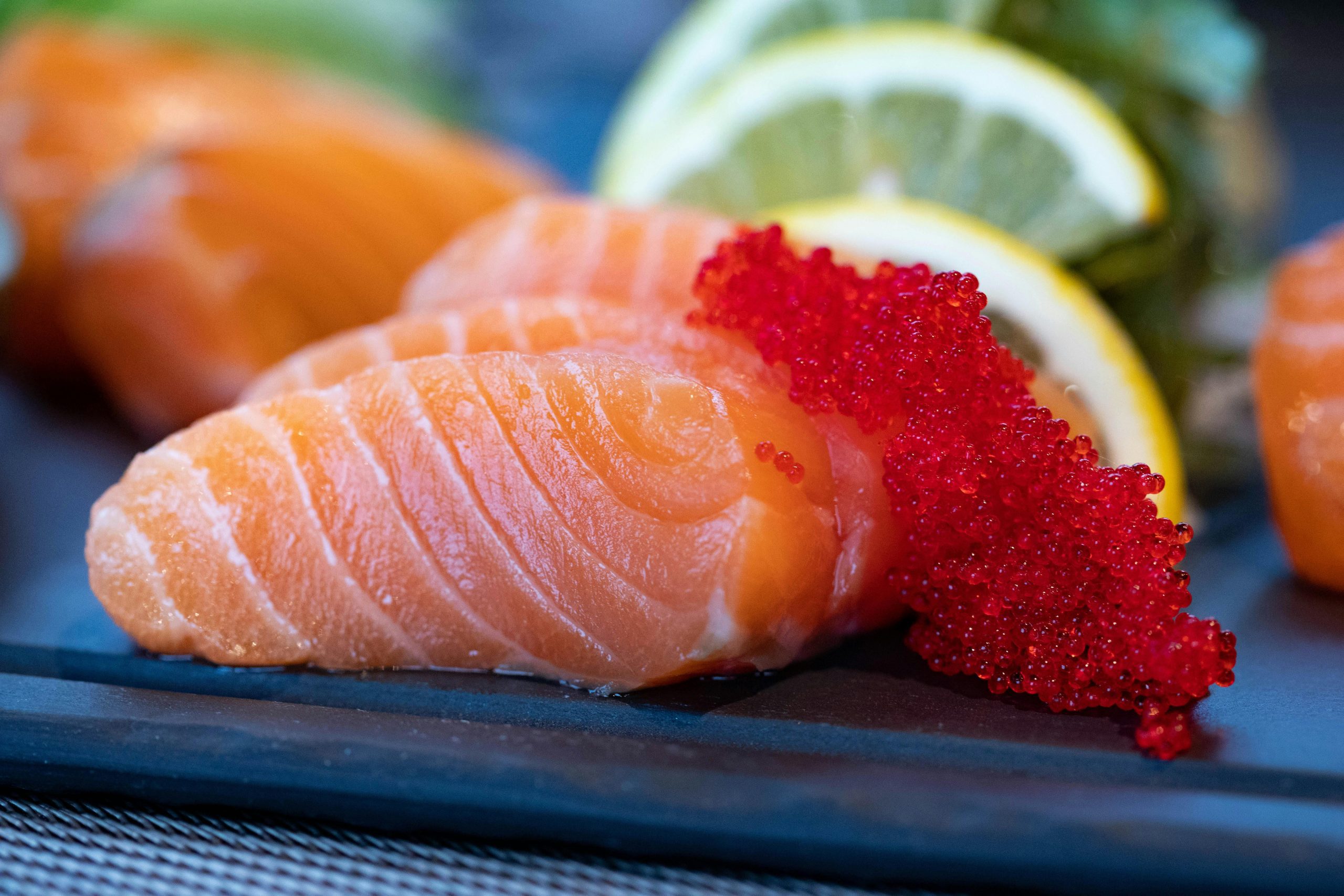
The Ecological Impact of Overfishing
Overfishing is an economic problem, but it is equally considered a threat to marine ecosystems and biodiversity. Unsustainable methods of fishing are visibly causing habitat destruction and disrupting the balance of oceanic life. The depletion of certain species often triggers a chain reaction that affects the whole food web from plankton to top predators. With 70% of the UK’s seafood supply currently imported, the nation’s reliance on external sources further heightens the environmental and economic risks at play in traditional fishing.
UMAMI Bioworks: A New Solution for Sustainable Seafood
UMAMI Bioworks does things a little differently, though: with its technology of cultivated seafood, better known as lab-grown or cell-cultured seafood, that is. It means the cultivation of fish cells in a controlled environment in the lab, hence enabling seafood production without actually having to harvest fish from the ocean. This technology works well in providing a sustainable solution whereby stress on natural populations is reduced, thus preserving the fragile ecosystems that they support.
What is Cultivated Seafood?
Cultivated seafood involves the extraction of fish cells, grown under nutrient-rich conditions that simulate a natural marine environment. These cells are then divided into tissue that one can harvest and further process into seafood products. The advantages are not only a reduced environmental impact from fishing but also a cleaner alternative. Unlike traditional seafood, which might be afflicted with pollutants, microplastics, and antibiotic contaminants, cultivated seafood could be grown in an environment free of such impurities, providing consumers with a potentially much safer and healthier product.
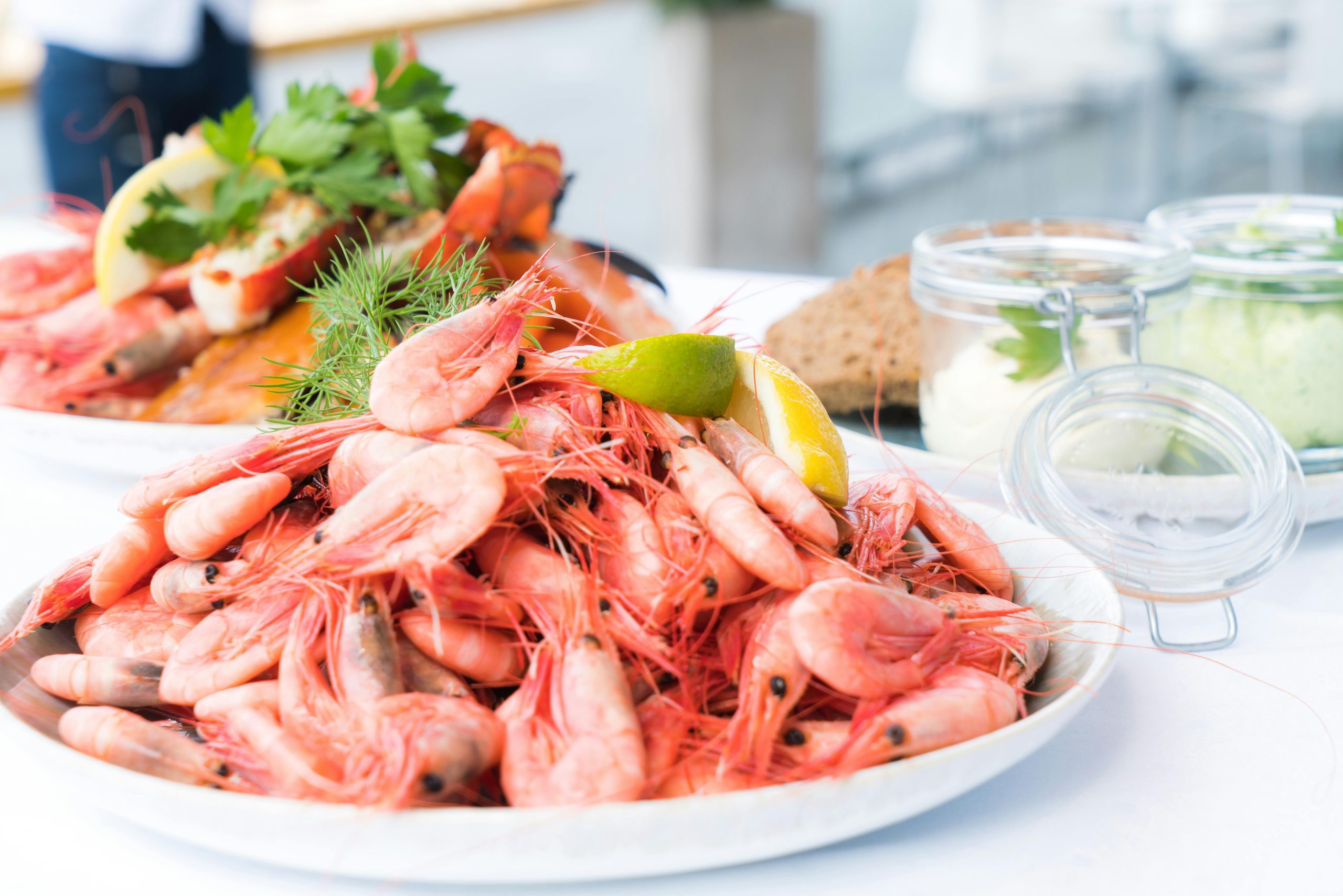
Strategic Alliances and Technological Development
UMAMI Bioworks consolidated strategic partnerships with University College London and Imperial College London to develop its cultivated seafood technology further. Such partnerships play a vital role in accelerating the process of research and development, besides providing access to the UK’s regulatory landscape. The expertise of those institutions will contribute to UMAMI’s fine-tuning its way of cultivation and investigating novel scaling methods for its technology to commercial size.
The Role of Technology in Seafood Sustainability
These partnerships position UMAMI to tackle some of the hot buttons in food technology. With research support based in the UK, UMAMI is working on enhancing cell culture processes, improving growth efficiencies, and optimizing the taste and texture of cultivated seafood. This sets a baseline for making lab-grown seafood come closer to traditional seafood in appeal to the consumer, while production will be more energy-efficient and cost-effective.
Benefits of Cultivated Seafood
The potential benefits that one will derive from UMAMI Bioworks cultivated seafood are immense, touching all environmental, economic, and ethical bases. A look into how this technology could transform the industry:
Environmental Impact
While cultured seafood does not require any form of fishing or aquaculture in the ocean to produce, there is a significant reduction in ecological footprint related to seafood production. Besides, it ensures less habitat destruction, pollution, and catching of non-target species. Cultured seafood enables the UK to address the real carbon footprints and conservation of marine resources.
Economic and Food Security
With UMAMI’s entry into the UK market, cultivated seafood technology provides a rare opportunity for enhancing the nation’s food security in that the country will continue to rely on imports for most of its seafood the ability to produce cultivated seafood domestically reduces its potential for international supply chain disruptions. This could also contribute to economic growth by way of creating jobs and driving innovation within the UK’s biotech sector.
Health and Consumer Safety
Besides the environmental dividends accompanying this, cultured seafood can result in a cleaner and safer product. Unlike wild-caught and farmed fish, cultured seafood has the potential to be produced in controlled, sterile environments that reduce exposure to mercury and microplastic contaminants harmful to the food chain. To the health-conscious consumer, this becomes a more attractive alternative, aligning personal and planetary well-being.
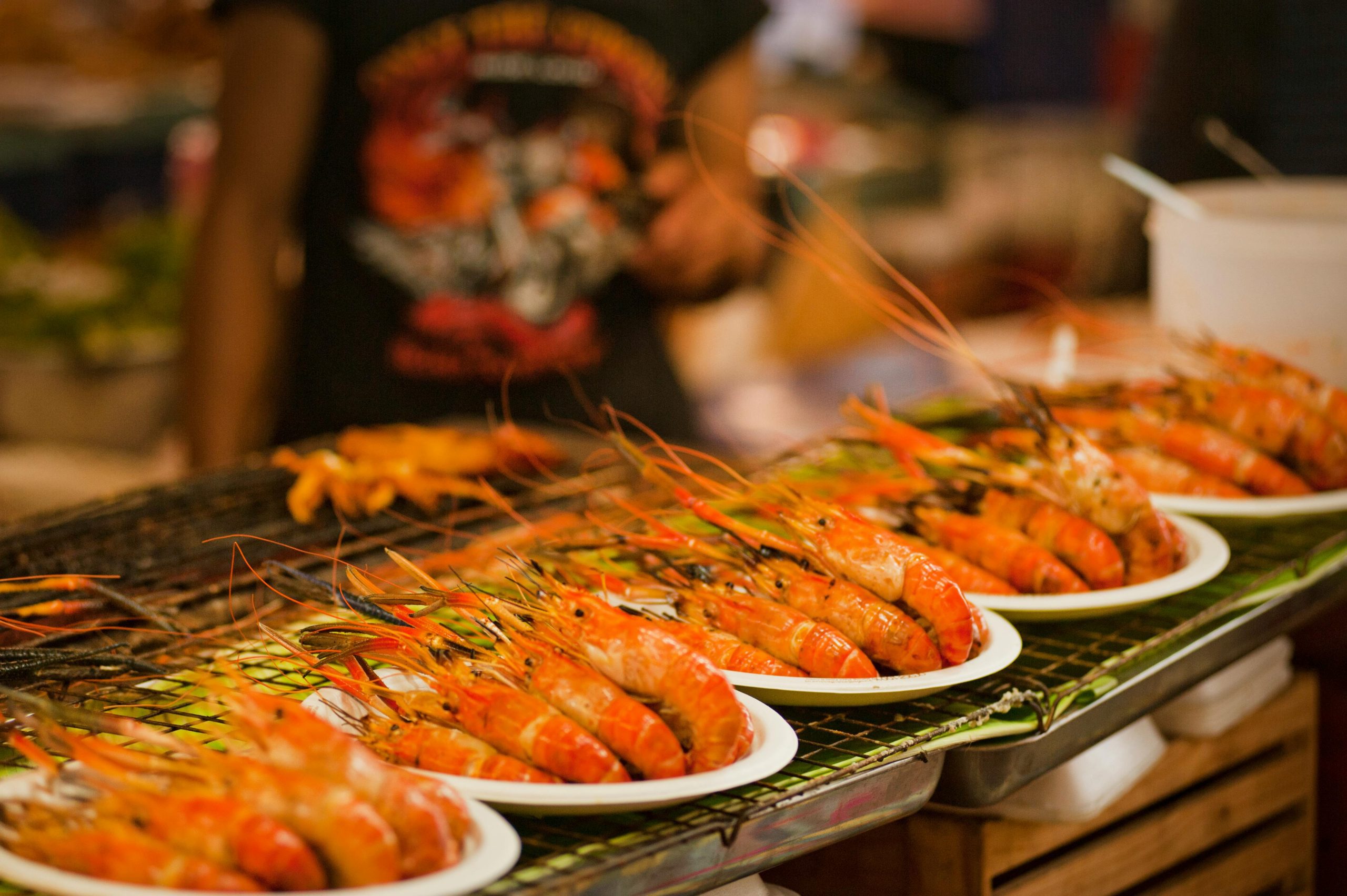
Cultured and Sustainable: The Future of Seafood
The entry of UMAMI Bioworks into the UK market reflects a more significant shift toward sustainable food production. While the population in the world is increasing, and along with it environmental challenges, so too should alternative protein sources, such as cultivated seafood, rise to satisfy such dietary needs with at most minimal ecological harm. Set up for collaboration, innovation, and scalability high on the agenda, it’s in a great place to be at the forefront of this changing landscape in the field of sustainable food technology.
Regulatory Pathways and Market Potential
The next step for UMAMI will be to seek approval from the UK regulatory bodies to sell its cultivated seafood products. In this regard, a critical pathway will navigate through regulatory hurdles to put products on the market, meeting the required high standards of safety and quality for British consumers. With good consumer response and helpful regulation, UMAMI might do more and stir the waters in the seafood industry, setting a standard for world sustainable practices.
Conclusion: A New Era for Seafood
UMAMI Bioworks is not only joining the new market; they are creating a new standard that is more sustainable, more ethical, and truly innovative. At a time when the UK seafood industry faces continued challenges, UMAMI’s focus on cultivated seafood provides a solution to overfishing, environmental degradation, and food insecurity. As UMAMI continues on its voyage into the years to come, so does it representing a vision of the future where the seafood on our plates is mouth-watering and in tune with a healthy planet.





